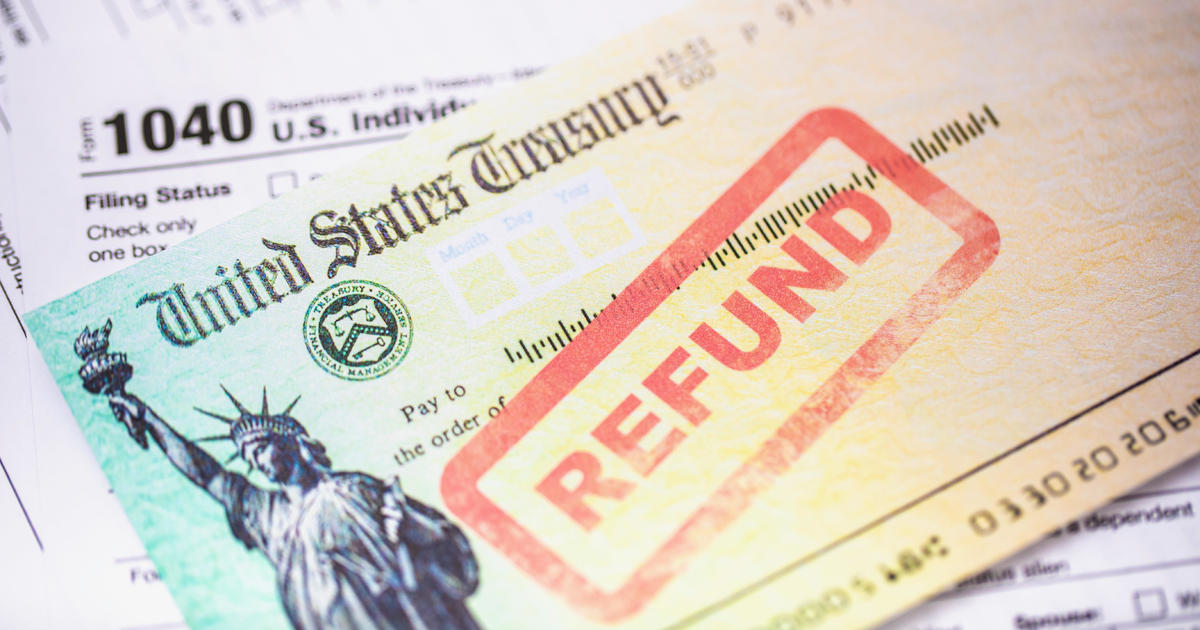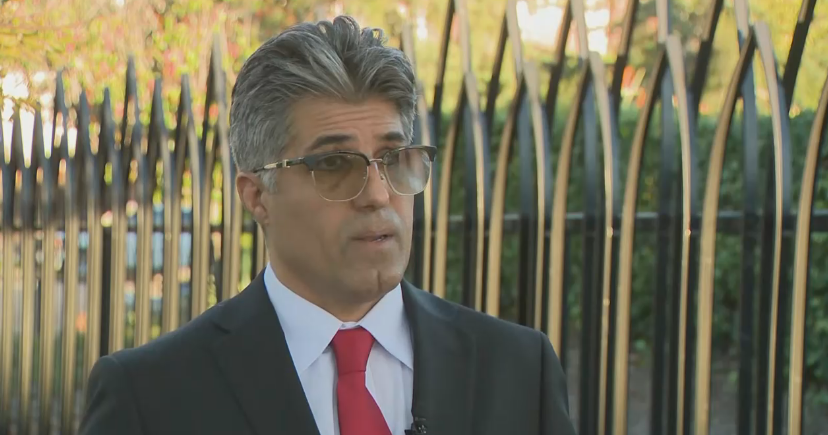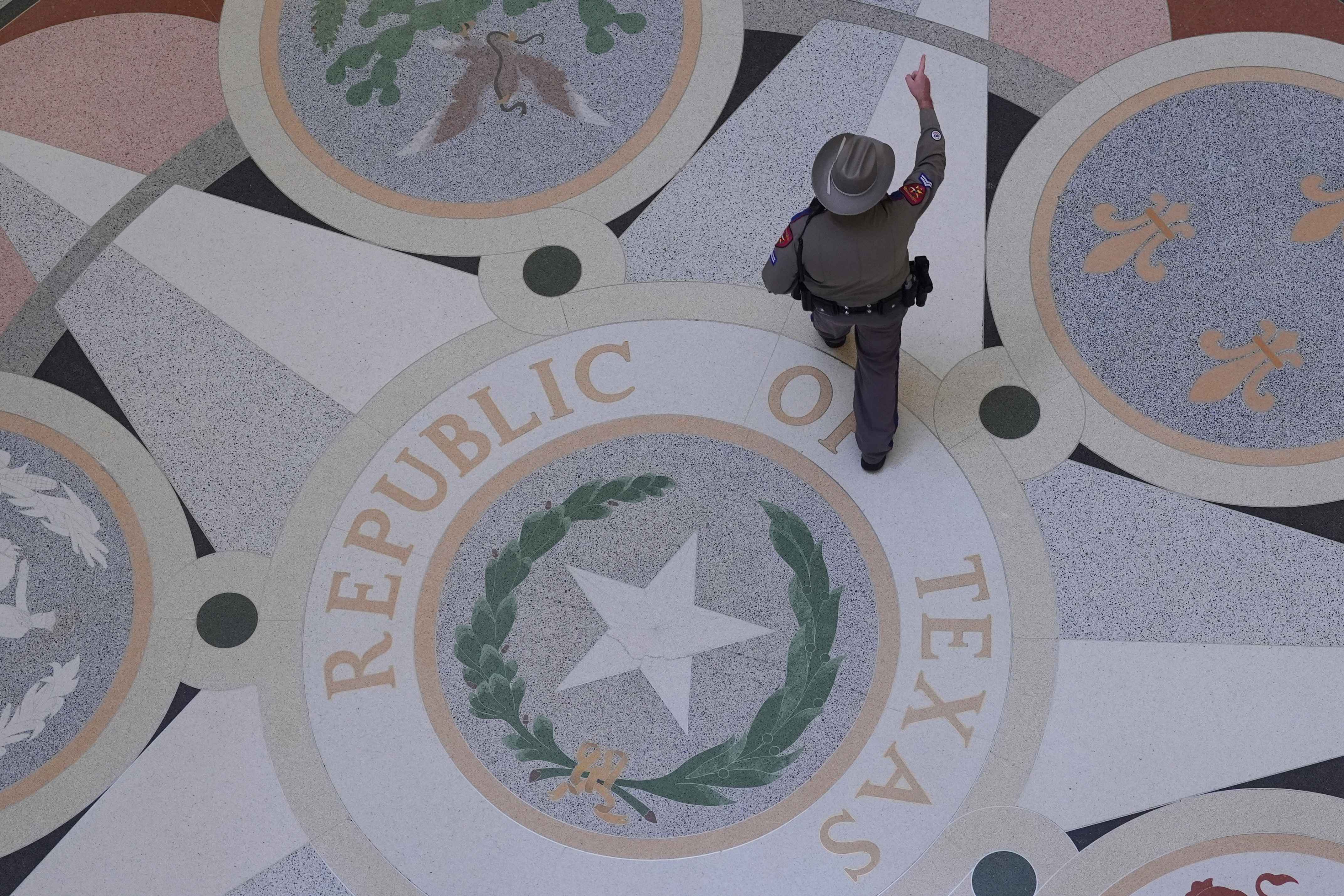GOP tax reform: Students chant "kill the bill"
On Tuesday, a group of graduate students knocked on the office door of Rep. Paul Ryan, R-Wisconsin, chanting "Kill the bill!"
Several of them wore armbands that read #GOPTaxScam and shirts emblazoned with "Fighting for the Future of Higher Ed," according to the Chronicle of Higher Education. While Ryan never appeared, the Capitol Police did, eventually arresting eight protesters and a supporter.
The Republican effort to overhaul the tax code has largely focused on lowering individual income tax rates and improving the fortunes of the wealthy and corporations. Yet both the Senate and House plans include proposals that could transform all levels of education in the US, ranging from kindergarten to graduate school. Critics say those changes largely aren't for the better because they could make education more expensive for middle-class and low-income families while giving a helping hand to wealthier Americans.
The proposals could lead to "the most impactful changes to the tax code for higher education in decades," said Steven Bloom, director of government relations at the American Council on Education. He described some of the changes as potentially harmful to students. "It's an expensive proposition to do this kind of tax bill, and you look for nickels and dimes. That's the only way I can understand these provisions," he said.
Whether Republicans directly targeted higher education or was more of an afterthought may be arguable. But the party itself has become less educated over the past two decades, according to the Pew Research Center. About 41 percent of college graduates consider themselves Republicans today, down from 49 percent in 1992. At the same time, college grads have shifted blue, with about 53 percent identifying as Democrats. In 1992, that number was 45 percent.
The House GOP plan would be more draconian for colleges and students than the Senate plan, said Bloom. One of those provisions prompted the graduate students to knock on Ryan's door: the plan to tax as income the tuition that schools currently waive for graduate students who work as teaching or research assistants.
In that scenario, tuition waivers -- which the students don't actually receive as income -- would be taxed the same as annual income. In many cases, graduate students would pay thousands more in taxes, which could place a graduate degree out of reach for middle- or low-income students.
An analysis by Carnegie Mellon University found that a graduate student at the Heinz College of Information Systems and Public policy could see their taxed income rise from $24,000 currently to $71,704, once the tuition waiver of $46,870 was included as income. Their taxes would surge more than fivefold to $9,076, leaving them with less than $15,000 in annual income instead of the $22,000 they receive under current tax law.
"There is a compelling argument that says even through graduate students tend to skew toward higher-income people and white men, that the people [the tax changes] affects are those on the margin," said Matt Bruenig, the founder of the People's Policy Project, a left-leaning think tank. "It could impact those who don't have the money and other ability to attend those schools."
The Senate bill doesn't include the tuition waiver provision, which is creating some hope among education supporters that the new tax won't appear in the final bill.
"They're trying to sort out the differences between the House and Senate bills, and we don't know what they're going to do," Bloom noted. "Is it possible they could put back in some of the changes from the House bill that will harm families and students? It's possible. We are trying to tell Congress it's a really bad idea."
Here are some of the ways the GOP tax overhaul plans could affect education:
Taxation of graduate school tuition waivers. As noted above, the House plan would tax tuition waivers for grad students as income, potentially raising the cost of attending graduate school for some.
Elimination of the student loan interest deduction. The House version would end this popular deduction, which currently allows taxpayers to claim up to $2,500 of what they pay in interest on their student loans. It's available to borrowers with less than $80,000 in annual income or married couples earning less than $160,000. The Senate bill would keep this deduction.
Tax on the largest private college endowments. Both the House and Senate bill include this provision, which takes aim at the growing endowments held at top universities such as Harvard and Princeton. The provision would place a 1.4 percent tax on net investment income for endowments that have a certain level of assets per student.
Expansion of 529 plans for private schools. 529 plans were devised to help parents save for their kids' college education, but both the House and Senate plans would expand the vehicles to include K-12 private school education. The measure would allow parents to put money away for private schools each month and earn tax-free interest and capital gains. About 10 percent of US students attend private schools.
Elimination of the state and local tax deduction. Ending or capping the state and local tax deduction could "harm public education," said Bloom. Higher-tax states, where residents are forecast to be hurt by the loss of the deduction, may find it more difficult to raise money, he said. "We know if past is prologue," he added, "that higher education loses in any competition for state revenue when there's pressure on state budgets."





